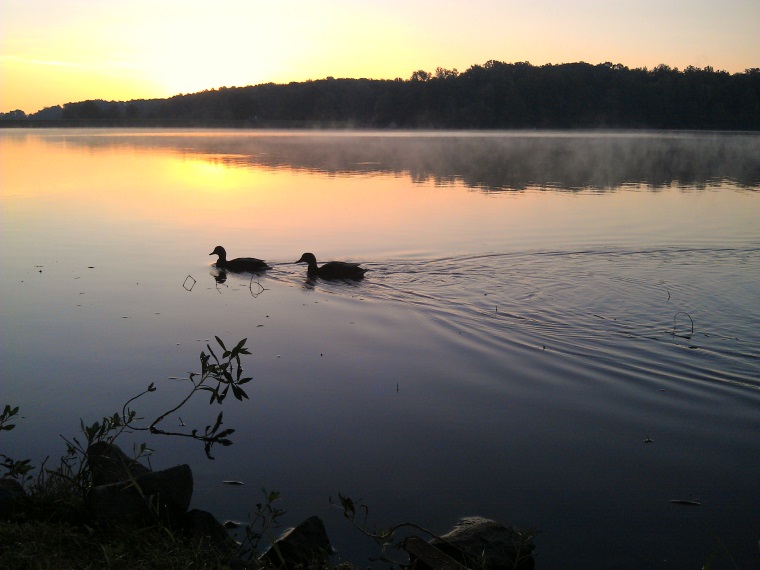Finally, a ban on something that is not related to COVID-19.
Beginning Monday, Aug. 17, Greensboro is banning motorized boats from Lake Higgins, which is the smallest of the three city owned reservoirs to the north that provide water for Greensboro.
The ban is to stop the spread of Hydrilla verticillata by use of a herbicide and based on guidance from the North Carolina Wildlife Resources Commission.
Hydrilla, more commonly known as “water thyme,” is an invasive plant originally from Asia that came to the US in the 1950s, according to the US Department of Agriculture.
Hydrilla has also earned the title of the “world’s worst invasive aquatic plant” and is now found in 30 states.
The herbicide being used is intended for use in drinking water reservoirs, as well as ponds, creeks, lakes and streams, and is safe for other aquatic life.
According to the US Department of Agriculture, hydrilla is a noxious weed that propagates by rooting on the bed of a lake or stream and can spread quickly when shredded by propellers. Because an entirely new plant can grow from a stem fragment, it can travel to other bodies of water by natural flow or by the small pieces “hitching a ride” on boats, trailers or even pets.
If hydrilla is left untreated, the stems can grow from the lakebed up to 30 feet in length and when hydrilla reaches the surface it grows horizontally developing dense matts that cause environmental and ecological damage. The dense mats affect recreational boating and alter the water chemistry and oxygen levels, which detrimentally affects other aquatic plants.
The dense hydrilla mats also create a poor habitat for a variety of fish.
Lake Brandt and Lake Townsend are not affected by the ban on motorized boating and Lake Higgins will remain open to non-motorized boats through the spring of 2021.

